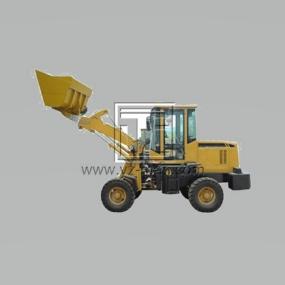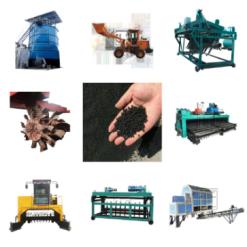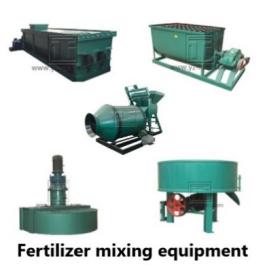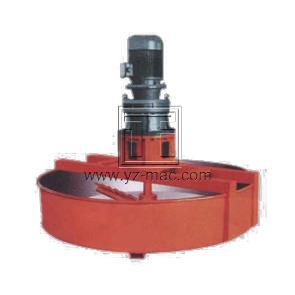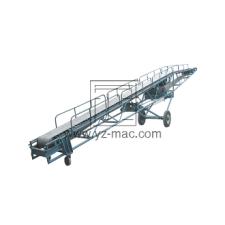Dry Press Granulator
A dry powder granulator is an advanced equipment designed to transform dry powders into uniform and consistent granules. This process, known as dry granulation, offers numerous advantages, including improved handling, reduced dust formation, enhanced flowability, and simplified storage and transportation of powdered materials.
Benefits of Dry Powder Granulation:
Improved Material Handling: Dry powder granulation eliminates the challenges associated with handling and processing fine powders. Granules are easier to handle, reducing dust formation, spillage, and operator exposure to potentially hazardous materials. This improves overall workplace safety and minimizes material losses.
Enhanced Flowability: Granules exhibit better flow characteristics compared to powders, allowing for smoother and more consistent material flow through conveying and processing systems. Improved flowability ensures efficient material transfer, reduced clogging, and enhanced process reliability.
Dust Reduction: Dry powder granulation significantly reduces airborne dust, which is a common issue in powder handling. Granules minimize dust dispersion, promoting a cleaner working environment and reducing the risk of respiratory issues for workers. This is particularly beneficial in industries with stringent safety and health regulations.
Simplified Storage and Transportation: Granules occupy less space compared to powders, leading to efficient storage and transportation. The increased density of granules enables more economical use of storage facilities and reduces shipping costs, making it a cost-effective solution for industries dealing with bulk materials.
Working Principle of Dry Powder Granulators:
Dry powder granulators employ various techniques to transform powders into granules. One commonly used method is compaction, where the powder is subjected to high pressure between two rollers or through a mechanical press. The compressed powder forms a solid compact, which is then broken into granules using a granulator or mill. Another method involves adding a binder or liquid to the powder, which is then mixed, dried, and granulated using processes such as spray drying, fluid bed granulation, or high shear granulation.
Applications of Dry Powder Granulators:
Pharmaceutical Industry: Dry powder granulation finds extensive use in pharmaceutical manufacturing. It enables the production of granules that are easier to handle and formulate into tablets or capsules. Granules provide better content uniformity, controlled release characteristics, and improved dissolution properties, ensuring consistent medication delivery.
Chemical Industry: Dry powder granulators are employed in the chemical industry for the production of granules used in various applications, such as catalysts, fertilizers, pigments, and specialty chemicals. Granulation enhances the flowability, stability, and handling of chemical powders, facilitating efficient processing and improving product quality.
Food and Beverage Industry: Dry powder granulation is utilized in the food and beverage industry to produce granules for applications such as instant beverages, seasonings, food additives, and nutritional supplements. Granules offer improved solubility, dispersibility, and ease of handling in food processing and packaging operations.
Agricultural Industry: Dry powder granulation plays a crucial role in the agricultural sector for the production of granular fertilizers, soil amendments, and crop protection products. Granules provide controlled nutrient release, enhanced soil compatibility, and improved handling characteristics, supporting efficient and sustainable agricultural practices.
Dry powder granulators offer significant advantages in transforming powders into granules, improving material handling, reducing dust formation, enhancing flowability, and simplifying storage and transportation. These machines find applications in various industries, including pharmaceuticals, chemicals, food and beverages, and agriculture. Dry powder granulation enables the production of uniform and consistent granules with improved characteristics, supporting efficient manufacturing processes and enhancing product quality. By incorporating dry powder granulators into their operations, industries can optimize material utilization, reduce waste, and achieve cost-effective and sustainable production practices.



